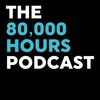

80,000 Hours Podcast
Rob, Luisa, and the 80000 Hours team
Unusually in-depth conversations about the world's most pressing problems and what you can do to solve them.
Subscribe by searching for '80000 Hours' wherever you get podcasts.
Hosted by Rob Wiblin and Luisa Rodriguez.
Subscribe by searching for '80000 Hours' wherever you get podcasts.
Hosted by Rob Wiblin and Luisa Rodriguez.
Episodes
Mentioned books
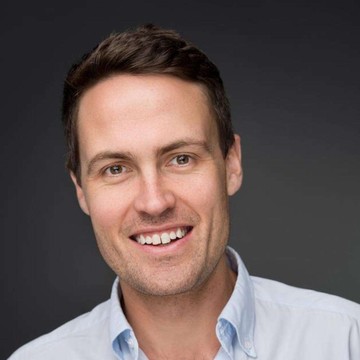
Feb 15, 2021 • 2h 33min
#91 – Lewis Bollard on big wins against factory farming and how they happened
Lewis Bollard leads Open Philanthropy’s strategy for farm animal welfare, with a background at the Humane Society. In this conversation, he discusses significant advancements in the animal welfare movement and the rise of plant-based alternatives. Topics include the declining costs of plant-based meat, corporate reforms in animal welfare, and the challenges faced by the advocacy community. Lewis sheds light on recent legislative wins and highlights the importance of innovative thinking to accelerate change in animal welfare practices.

21 snips
Feb 3, 2021 • 1h 58min
Rob Wiblin on how he ended up the way he is
Misha Saul, Rob Wiblin's childhood friend and host of the Eureka Podcast, unpacks Rob's influences and formative experiences. They explore how Rob's parents shaped his worldview and their teenage obsession with philosophy. The duo reflects on the timeless appeal of 'The Lord of the Rings' and navigates through debates on vegetarianism, effective altruism versus traditionalism, and the challenges of learning Spanish during Rob's time in Spain. They also tackle the complexities of modern parenting and draw historical parallels to current U.S. socio-political issues.

Jan 21, 2021 • 2h 59min
#90 – Ajeya Cotra on worldview diversification and how big the future could be
Ajeya Cotra, a senior research analyst at Open Philanthropy, dives into the intriguing world of effective altruism and cause prioritization. He discusses a thought experiment involving anthropic reasoning, pondering the implications of a coin flip on charitable giving. The conversation also explores longtermism, balancing immediate impacts with future risks, and the complexities of space colonization. Cotra emphasizes the importance of diverse worldviews in philanthropy and the role of innovation in navigating existential challenges through strategic giving.

32 snips
Jan 13, 2021 • 2h 31min
Rob Wiblin on self-improvement and research ethics
Spencer Greenberg, creator of the Clearer Thinking Podcast, dives into a captivating discussion with Rob Wiblin. They explore whether self-improvement is effective, emphasizing the role of line managers in productivity. The conversation touches on the complexities of human values and the ethical concerns surrounding research practices. Rob critiques the harm caused by institutional review boards and shares insights on prediction markets and their failures. Their engaging dialogue challenges listeners to rethink traditional views on ethics and self-betterment.
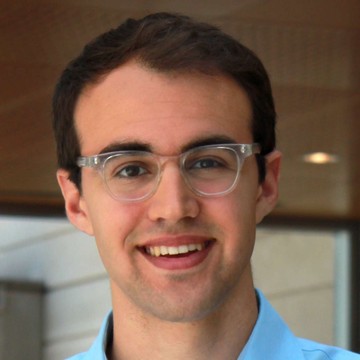
Jan 7, 2021 • 2h 41min
#73 - Phil Trammell on patient philanthropy and waiting to do good [re-release]
Phil Trammell, an economics researcher at Oxford's Global Priorities Institute, discusses the concept of patient philanthropy—delaying donations to maximize long-term impact. He argues that funds invested now could yield substantially more for future giving. The conversation explores how historical knowledge can enhance current philanthropic decisions and the psychological hurdles surrounding impatience in generosity. Alongside Howie Lempel, they also debate the implications of immediate versus future contributions in light of global challenges, including the impact of crises like COVID-19.
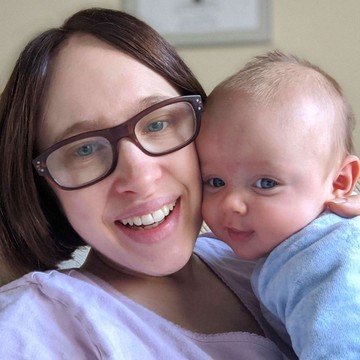
5 snips
Dec 30, 2020 • 2h 15min
#75 – Michelle Hutchinson on what people most often ask 80,000 Hours [re-release]
Michelle Hutchinson, the Head of Advising at 80,000 Hours and a former team member at Oxford's Global Priorities Institute, discusses the intricacies of personalized career advice. She emphasizes the importance of ranking roles by impact before personal preference. The conversation touches on tackling societal pressures around success, the balance of confidence in job applications, and the need for broadening career opportunities. Listeners gain insights into navigating high-impact career choices and overcoming psychological barriers to pursue meaningful contributions.
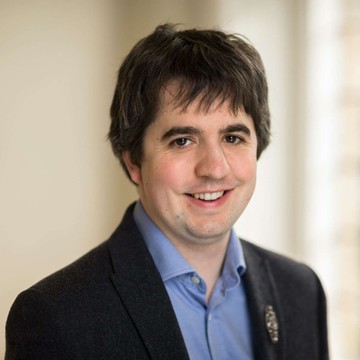
Dec 17, 2020 • 2h 38min
#89 – Owen Cotton-Barratt on epistemic systems and layers of defense against potential global catastrophes
Owen Cotton-Barratt, a researcher at Oxford's Future of Humanity Institute, discusses how academic and societal systems filter and shape information impacting humanity's future. He explores the importance of education and diverse perspectives in addressing existential risks like pandemics and AI threats. Cotton-Barratt introduces the Research Scholars Program, which empowers early-stage researchers to tackle complex global challenges while emphasizing critical thinking and collaboration. They delve into the dynamics of decision-making in long-termism, urging a balance between immediate needs and future safety.
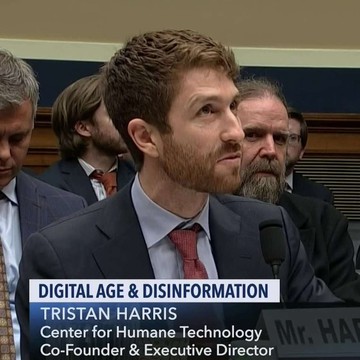
34 snips
Dec 3, 2020 • 2h 36min
#88 – Tristan Harris on the need to change the incentives of social media companies
Tristan Harris, a prominent computer scientist and founder of the Center for Humane Technology, discusses the urgent need to rethink social media's impact on society. He highlights how platforms are designed to be addictive, fostering polarization and misinformation. Harris emphasizes the necessity for systemic changes in technology and the importance of shifting public perception. The dialogue explores how social media can influence mental health, particularly among youth, while advocating for reforms that prioritize user well-being over profit.
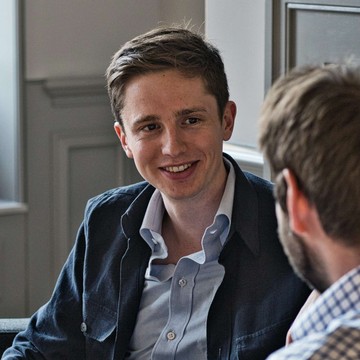
Nov 12, 2020 • 1h 25min
Benjamin Todd on what the effective altruism community most needs (80k team chat #4)
Ben Todd, CEO of 80,000 Hours, joins researcher Arden Koehler to discuss the evolving needs of the effective altruism community. They highlight the transition from needing money to requiring skilled individuals, especially in vital areas like AI safety research. The conversation underscores the significance of specific skills and organizational capacity over mere financial resources. They also examine the complexities of talent attraction and the importance of motivation in driving meaningful impact, ultimately paving the path for better coordination in altruistic efforts.
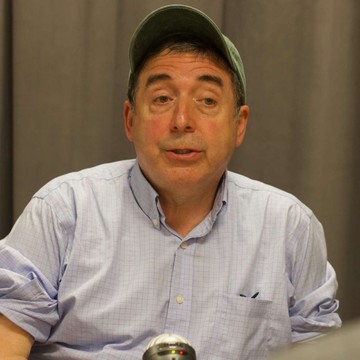
25 snips
Nov 3, 2020 • 1h 50min
#87 – Russ Roberts on whether it's more effective to help strangers, or people you know
In this conversation with Russ Roberts, a renowned economist and host of EconTalk, the focus is on the complexities of effective altruism. Russ debates whether it's better to help loved ones like your niece or tackle global issues like US-China relations. He critiques the effective altruism movement for being overly data-driven and placing too much faith in empirical research, suggesting it may dilute personal connections. The dialogue also touches on the intricacies of moral obligations, the dual roles of law enforcement, and the need for kindness in making meaningful contributions.


